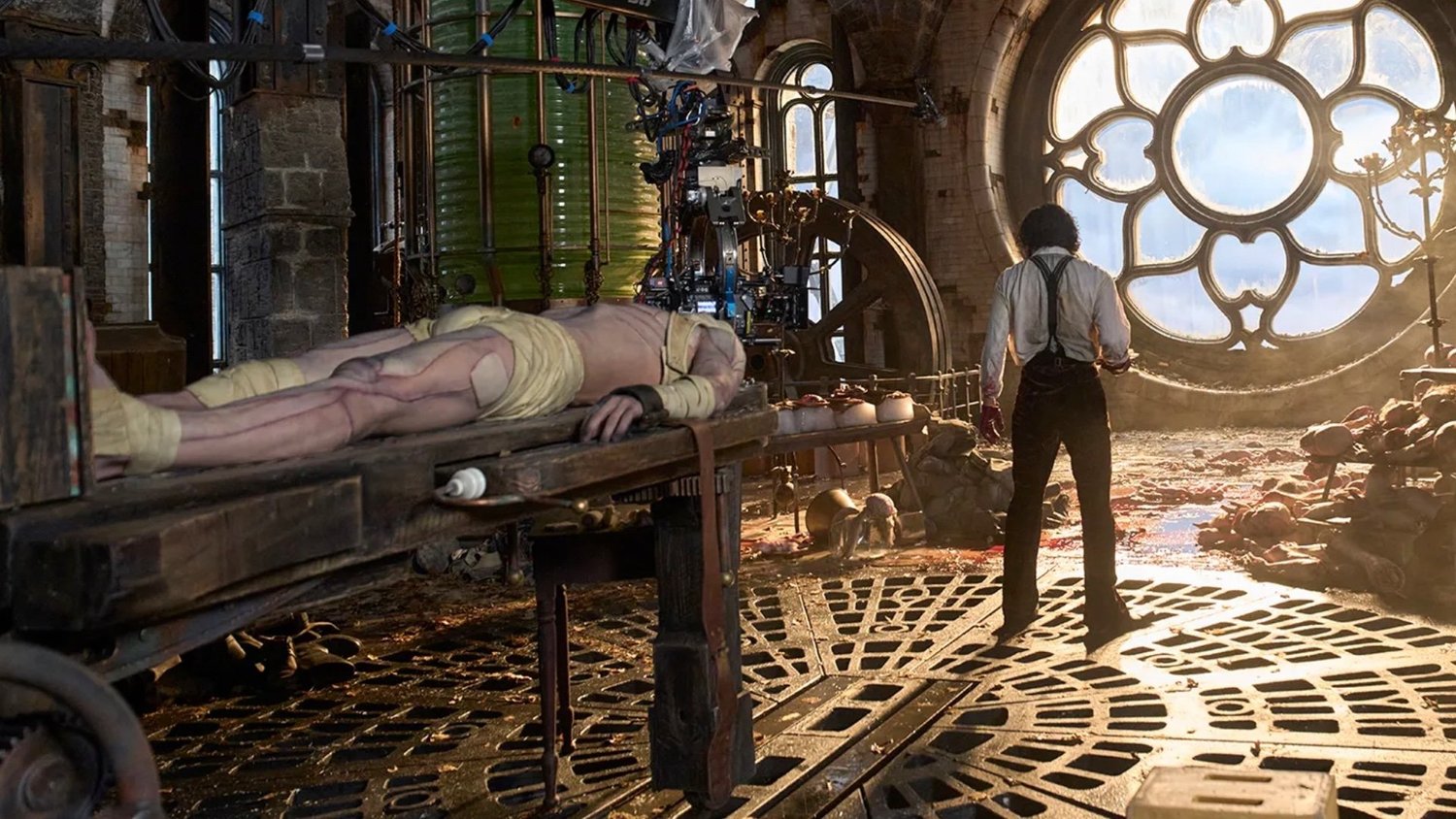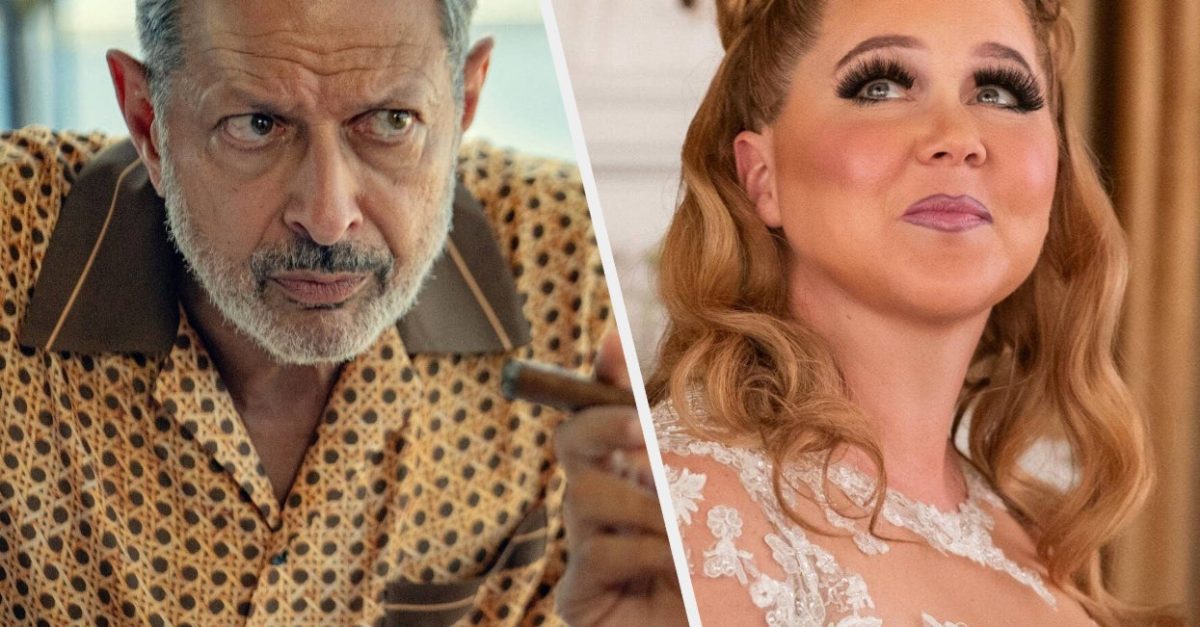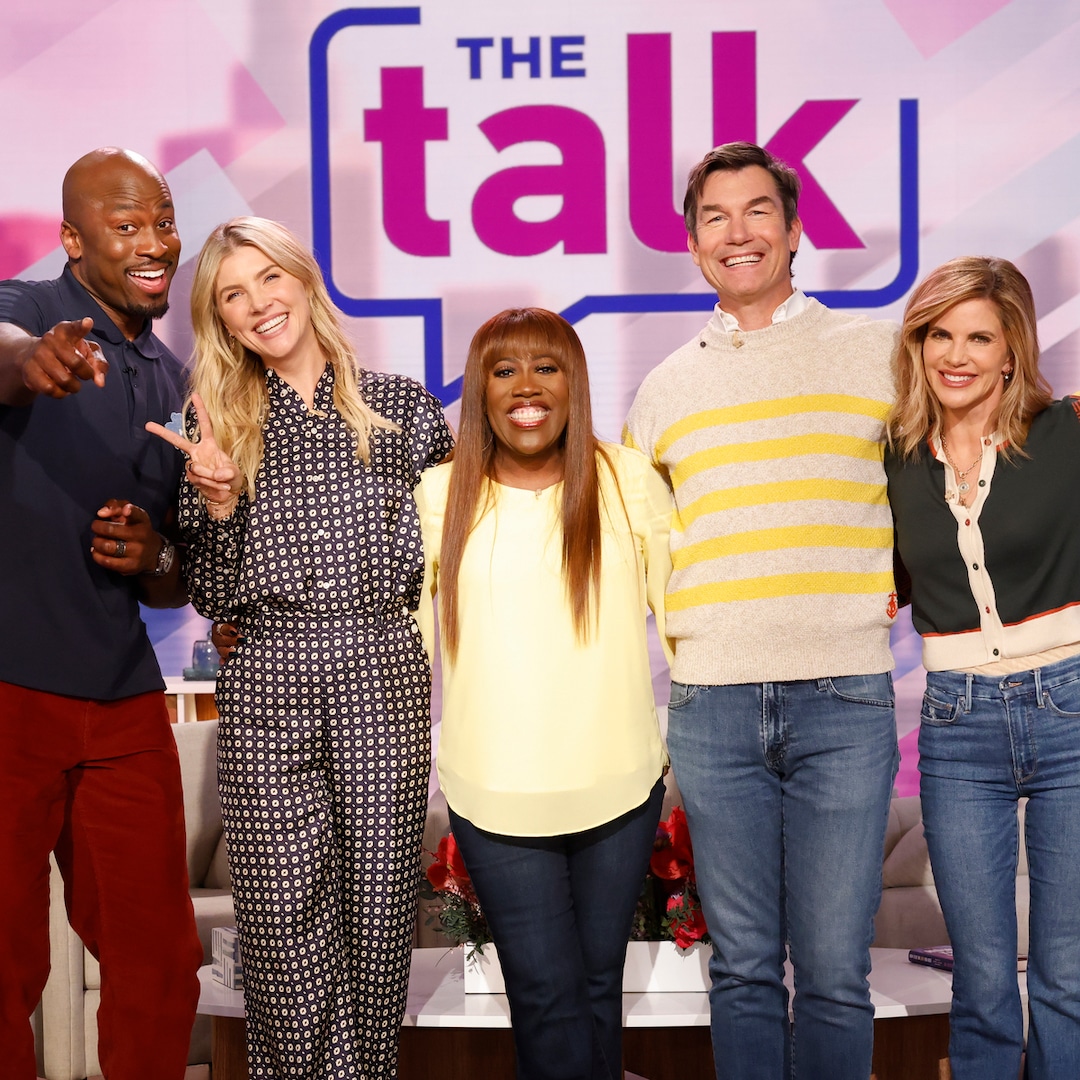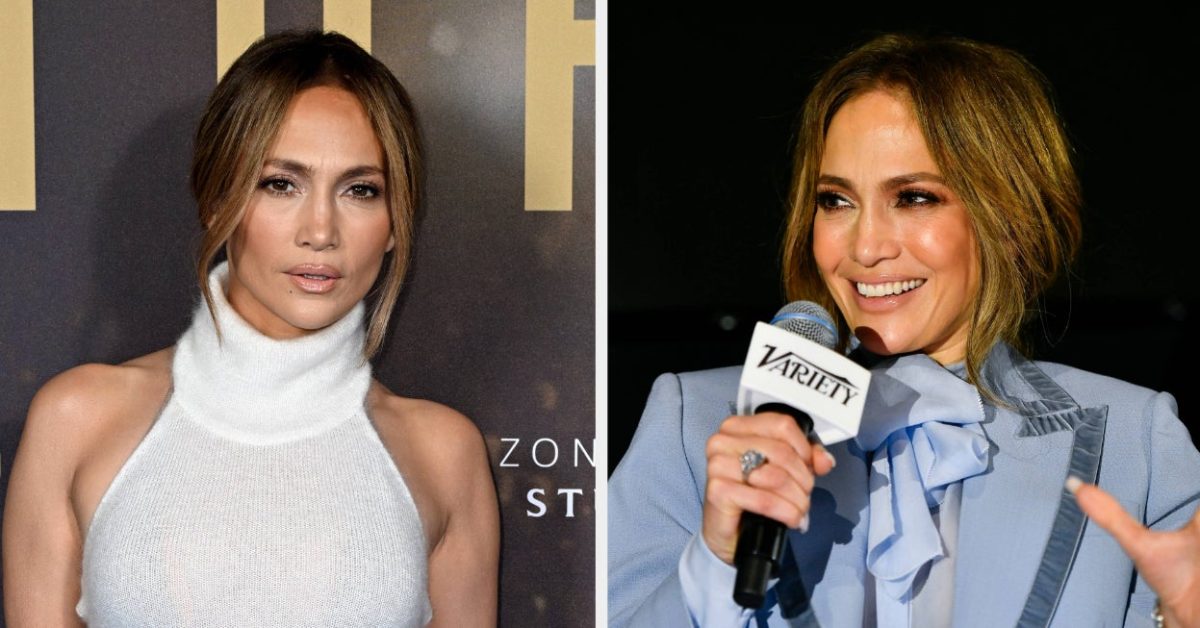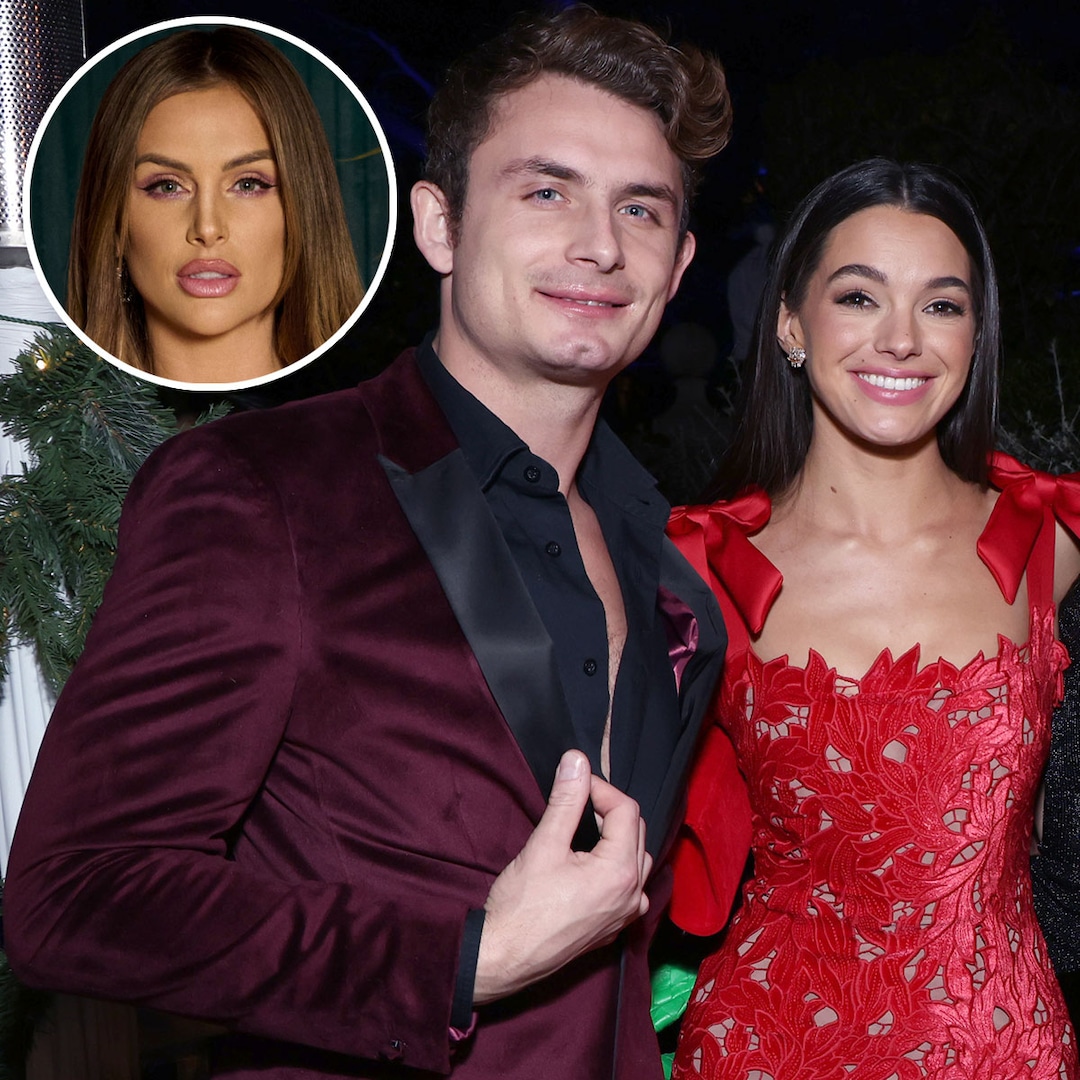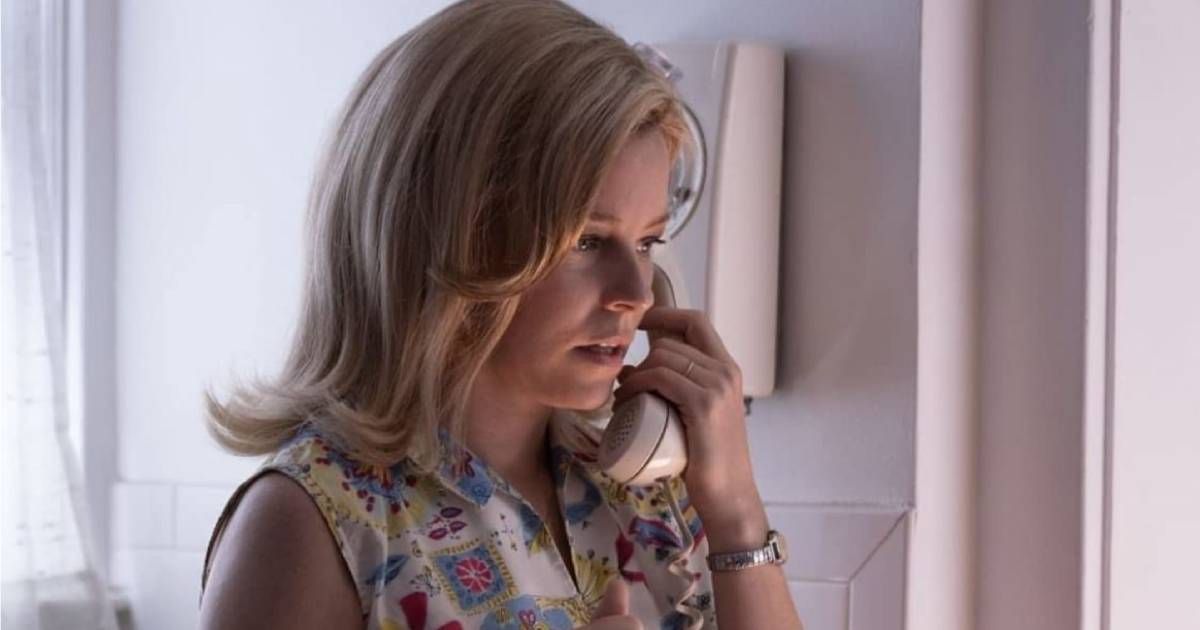
Sigourney Weaver, Elizabeth Banks, Wumni Mosaku, and Phyllis Nagy at the Call Jane Premiere
Dec 24, 2022
Chicago, 1968. As the city and the nation are poised on the brink of political upheaval, suburban housewife Joy (Elizabeth Banks) leads an ordinary life with her husband and daughter. When Joy’s pregnancy leads to a life-threatening heart condition, she must navigate an all-male medical establishment unwilling to terminate her pregnancy in order to save her life. Her journey for a solution leads her to Virginia (Sigourney Weaver), an independent visionary fiercely committed to women’s health, and Gwen (Wunmi Mosaku), an activist who dreams of a day when all women will have access to abortion, regardless of their ability to pay. Joy is so inspired by their work, she decides to join forces with them, putting every aspect of her life on the line.
MOVIEWEB VIDEO OF THE DAY
This is the incredible true story of Call Jane, in theaters Friday. We recently caught up with the stars on the red carpet for the powerful new film’s Los Angeles premiere. Our interviews with Wunmi Mosaku and Phyllis Nagy below also include additional info gathered from the film’s press junket.
Sigourney Weaver, An Inspiration
MW: Congratulations on the movie. Why was it important to you to star in a project like Call Jane?
Sigourney Weaver: Well, it’s an ensemble picture. Really, Liz is the star — Elizabeth Banks. It’s her story, really. It’s about her political awakening. When medical doctors had no compassion [for] her situation, which is life-threatening, she turns to us, a group of women who have made it their mission to take care of women through this process. I think all of that is very timely and very inspiring because women did take care of each other. And I think really, when women come together, there’s nothing we can’t do. [And the film] reminds women that they have that power as the midterms come up.
MW: I loved your ELLE Women in Hollywood speech. What was it like speaking in front of so many other impactful women in entertainment?
Sigourney Weaver: Icons! Yeah, it was thrilling. I loved meeting everyone. In an odd way, because we’re all working so hard, we don’t get to hang out together. You only meet each other at these events. So it was really great to be able to go up to women who I’ve admired and just say, “Thank you for your work.” And we all end up inspiring each other, so it was very inspiring to be there.
Elizabeth Banks On Taking The Lead
Roadside Attractions
MW: What attracted you to this taking on this role?
Elizabeth Banks: Well, I think the film generally aligns with my value system. And when your art and your work can align with a value system, it’s a pretty special feeling. So certainly that was part of it. But I love this character. The journey she goes on is absolutely incredible. I don’t really get offered these kinds of roles very often, where it’s life and death for this woman. And she also is not somebody who ever thought she would be seeking abortion health care. I think she’s very judgmental. She comes from a religious background, I think she’s very relatable to a lot of women whose eyes are opened when they actually have to go through this process. And if the film can open anyone’s eyes, then I think it’ll be a success.
MW: I was talking with Phyllis [Nagy] earlier, and she was saying how every good movie needs a love story of sorts. For Call Jane, it was you and Sigourney Weaver’s character. What was it like working with her?
Elizabeth Banks: Well, I was thrilled that it was going to be Sigourney Weaver. I can’t really imagine anyone else who brings the sort of balls to the role as the original Ripley, who changed the face of action heroes for America. Right? You know, somebody who just comes in there to talk straight about it and who’s very righteous but loving, you know, I think that is her.
MW: I also loved your performance and Mrs. America, which also took place during a very pivotal time. Do you hope to do more projects down the line, whether it’s a period piece, for TV or film?
Elizabeth Banks: I’ll be honest, I’m always looking for a great story. But I love the opportunity to honor these women that came before me, on whose shoulders I stand because I wouldn’t be here right now if they hadn’t done the work that they did. So the more we get to remind people what second-wave feminism was for America, the happier I am.
MW: I know you’ve directed and produced movies. If you had to pick, what do you like more: directing or acting? Producing?
Elizabeth Banks: Oh, acting as my first love. There’s no competition. They bring you coffee. It’s the best. [laughs]
Related: Elizabeth Banks Shuts Down Criticisms of Charlie’s Angels as a ‘Feminist Manifesto’
Phyllis Nagy On Directing A Timely Film
Roadside Attractions
MW: This movie was shot on film. Do you think that sort of helped because it takes place at a specific period in time? How do you think shooting on film versus digital helped convey that?
Phyllis Nagy: Well, a couple of things. We didn’t have that much money. And actually, bizarrely, I know people think this isn’t the case, but if you don’t shoot much, if you’re not into doing 40 days, and you shoot on film, that can actually help the deficiencies of things that you know are going to suffer, like your production design, budget, costume budget. Film is very forgiving and adds depth and texture and all those great things. And also the actors love it because they look better… These days, like in the old days, when you had to wait hours and hours for something to be lit, it’s different now. So the DP and I got together to make a plan, presented it to producers, and in the end, we shot just under 60,000 feet of film, which isn’t that much work, given [the film is] two hours. And I loved it.
MW: This film is very topical, coming out at a time like this with [Roe v. Wade] overturning. Back to square one, what sort of attracted you to directing this project?
Phyllis Nagy: Well, I saw an opportunity for it to speak to people other than the converted. It provides the opportunity for a light touch, with some humor, for an unexpected approach to a subject matter that is usually handled in a very different way. So all of that appealed to me.
MW: What was it like working with Sigourney Weaver and Elizabeth Banks?
Phyllis Nagy: Terrible! [laughs] No, they were great. And they were great together. It’s almost like, if there’s always a love story in the movie, which I believe is true, that was the love story. So it needed to be perfect. That chemistry is really cool.
MW: Can you tell me a bit about why it’s important to continue to challenge history with these sorts of stories? And if there are any messages you’d like for audiences to take away in doing so?
Phyllis Nagy: Sure. I mean, we don’t know enough about our heroes. I mean, we really don’t learn about people like the Jane collective, and we should. That it’s become necessary, again, to learn about the work they did and others like them as an accident of history. But it’s a happy accident, because we’re we’re right there at the right time. And as far as what I think I would be happy to have audiences take away from this is a renewed sense of empathy, even if you don’t agree with any of the actions that are being taken in the film, because I feel it’s being presented without judgment. It can engender a little bit of a response that’s empathetic.
Related: Exclusive: Anna Diop Says She Hopes Nanny Generates Deeper Empathy for Immigrant Workers
Wunmi Mosaku On Her Co-Starring Turn, Other Projects
Roadside Attractions
MW: Congratulations! What was it about Call Jane that attracted you to co-star in the film in the first place?
Wunmi Mosaku: The women! I was just bowled over by the fact that this was real, that real women and young people took our economy into their own hands and looked after the whole community and that they didn’t lose a woman, that they did it safely.
MW: What was it like working Sigourney Weaver and Elizabeth Banks?
Wunmi Mosaku: A dream. It was exactly what you would hope it to be, if not better.
MW: Can you tell me a bit about why it’s important to keep telling stories like this that challenge history?
Wunmi Mosaku: Well, I think it’s pretty obvious now how important this story is. I took this role not knowing that Roe could ever be overturned, actually. So again, I just had no idea that was possible. But I think I took this role thinking I was taking a role in a historical piece, not knowing that it was going to feel so urgent when it was released and that the world was going to be different when it was released. So I think it’s really important because, you know, I had no idea it could be overturned, and I’m British, and I didn’t understand the whole system and how laws come to be here and can be changed. But I’m sure there are loads of people who just didn’t think that this would happen. So I think it’s really important to tell these stories because if we don’t know, then we can keep making the same mistakes over and over.
MW: Your other movie, Alice, Darling, is getting Oscar buzz. What was it like working with Anna Kendrick?
Wunmi Mosaku: Great. I mean, it was just like a little threesome of like, sisterhood, barbecues, and lakes. It was great.
Call Jane will release only in theaters on October 28, 2022.
Publisher: Source link
TV Shows That Got Canceled In 2024
TV Shows That Got Canceled In 2024 Which 2024 canceled TV show will you miss the most? Share your pick in the comments! Disclaimer: This story is auto-aggregated by a computer program and has not been created or edited by…
Dec 22, 2024
How The Talk Emotionally Ended After 15 Years
The Talk has officially said "Goodbye." After 15 seasons and 2,993 episodes, the CBS daytime show came to an end on Dec. 20 with a heartfelt farewell from hosts Akbar Gbajabiamila, Amanda Kloots, Natalie Morales, Jerry O'Connell and Sheryl Underwood. The episode began with a standing ovation for the…
Dec 22, 2024
Jennifer Lopez Asked About Turning 60, Age
Jennifer Lopez Asked About Turning 60, Age Never ask a woman her age, a man his salary, or Jennifer Lopez how she feels about turning 60. On Sunday, the actor was interviewed by Variety amid the release of her new…
Dec 21, 2024
Lala Kent Shares Text With Ally Lewber After James Kennedy’s Arrest
The BCU (Bravo Cinematic Universe) was shaken on March 3, 2023, when it was confirmed that Tom and Ariana had ended their nine-year relationship amid the revelation that he'd had a seven-month affair with Raquel. "I made mistakes, I was…
Dec 21, 2024

